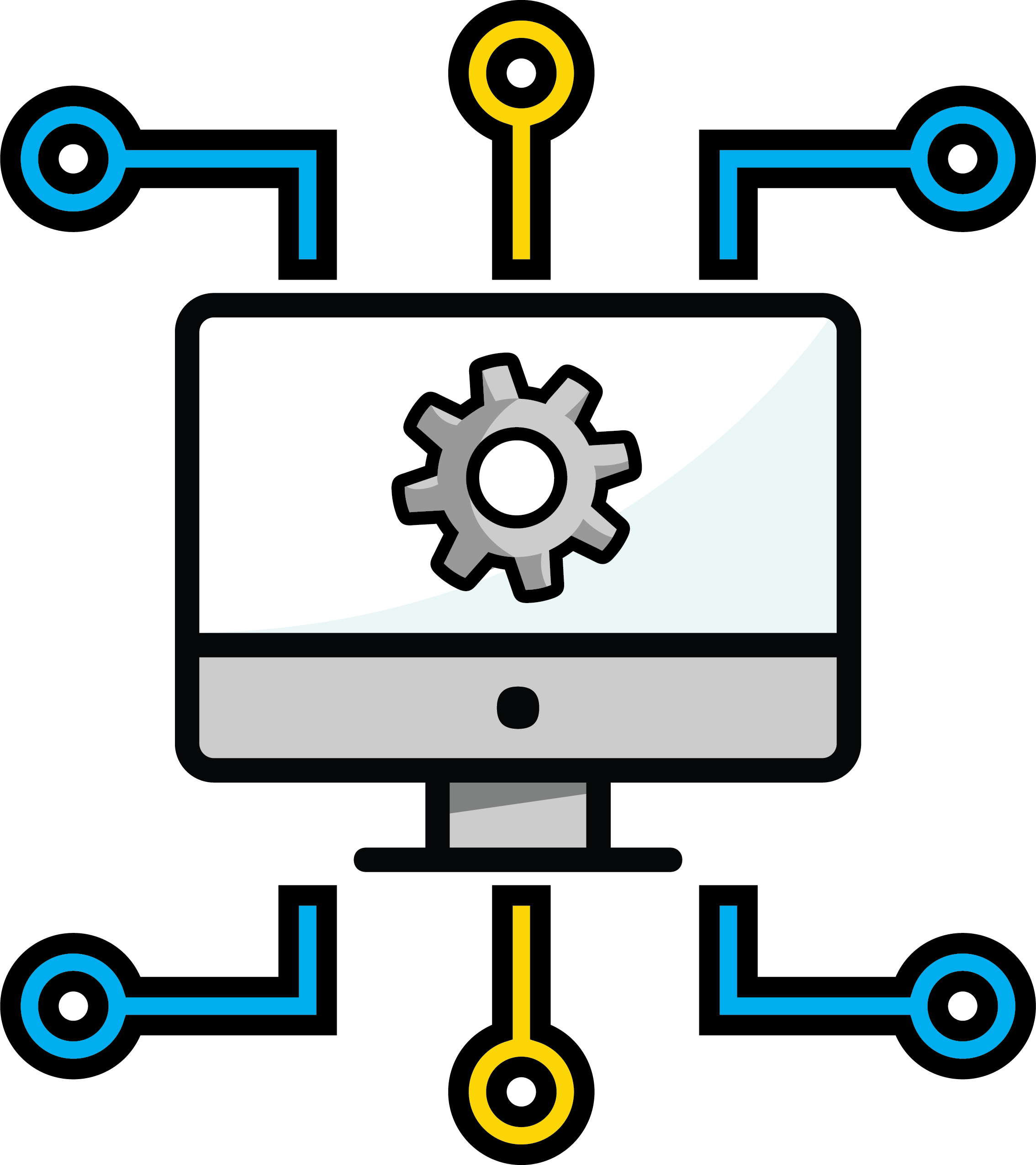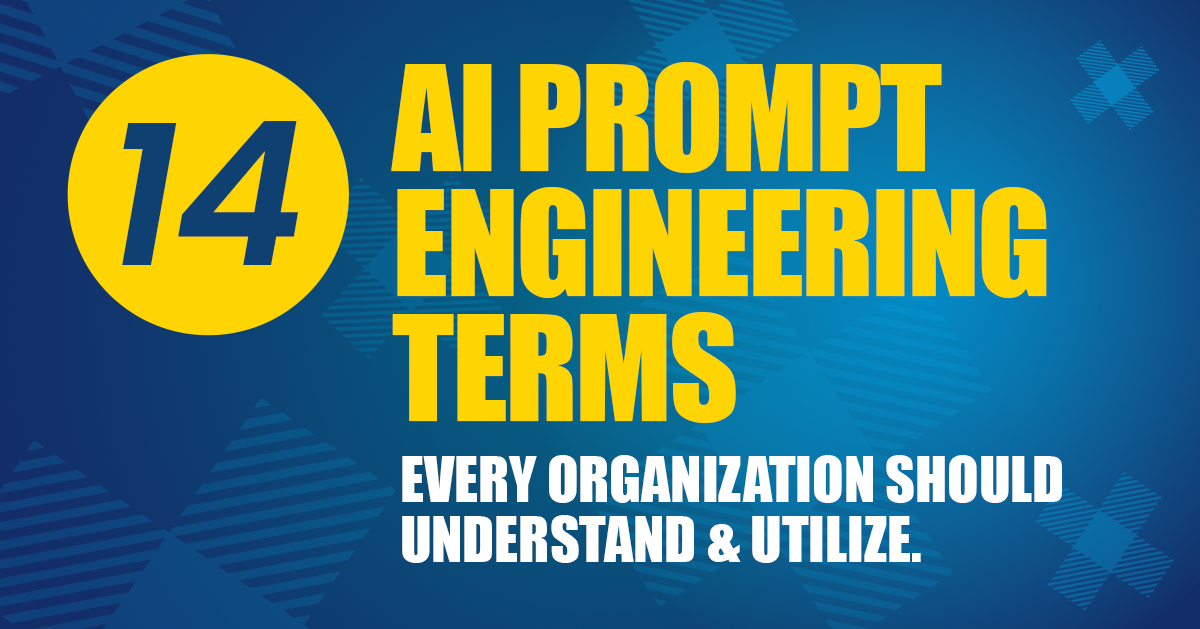
In today's fast-paced digital landscape, organizations are constantly challenged to keep up with technological advancements while grappling with aging legacy data systems. These legacy systems, though reliable in their prime, often become barriers to innovation, hindering efficiency, and scalability. The cost of replacing an entire system can be expensive so it is even more important to leverage innovative solutions – such as Robotic Process Automation (RPA) – that allow organizations to meet their business objectives while still using their legacy applications. Let's explore how RPA can revitalize legacy software and propel organizations into the future.
How Automation Can Help
Legacy systems are notorious for their manual, time-consuming, and labor-intensive processes. RPA transforms this landscape by automating mundane, repetitive tasks such as data entry, validation, and migration. By developing and deploying bots to handle these routine processes, organizations can streamline workflows, reduce errors, and significantly enhance efficiency.
One of the key challenges in bridging the gap between legacy and modern systems is integration. RPA helps enable seamless interactions between systems via Application Programming Interfaces (APIs), screen scraping, and other techniques. This helps facilitate interoperability, allowing legacy software to coexist harmoniously with contemporary applications.
Enhancing UI/UX and Accessibility
With many legacy applications notorious for outdated user interfaces and limited accessibility options, RPA can help organizations enhance a system’s usability. RPA helps streamline workflows, provide shortcuts, and integrates with modern user interfaces; this ensures users can navigate legacy systems effortlessly, improving the end-user experience.
Additionally, legacy data systems often suffer from inconsistencies, inaccuracies, and data silos that have accumulated over years of use. A major benefit of automation is found in the data validation, cleansing, and standardization processes. By systematically identifying and resolving errors, duplicates, and anomalies, RPA ensures that the data behind business decisions is accurate, reliable, and actionable.
Ensuring Security and Compliance
Security and compliance are paramount concerns for organizations, particularly in regulated industries where compliance with data governance standards is non-negotiable. Legacy software may lack the robust security features and compliance measures required to protect sensitive data. RPA addresses these challenges by enforcing data validation rules, ensuring data accuracy, and maintaining audit trails. Automating compliance checks, security protocols, and interaction logs helps organizations adhere to regulatory requirements, streamline processes, and mitigate risks.
Scalability and Flexibility
As organizations grow and evolve, so do their technology and data management needs. RPA offers scalability and flexibility, allowing businesses to adapt to changing requirements. Whether it's scaling automation efforts to accommodate growing data volumes or adapting processes to incorporate emerging technologies, RPA empowers organizations to future-proof their operations and stay ahead of the curve.
RPA unlocks new possibilities for organizations looking to unleash the full potential of their assets with flexibility to adjust to varying business needs. Embracing RPA is not just about modernization; it's about paving the way for innovation, efficiency, and agility in the digital age.




